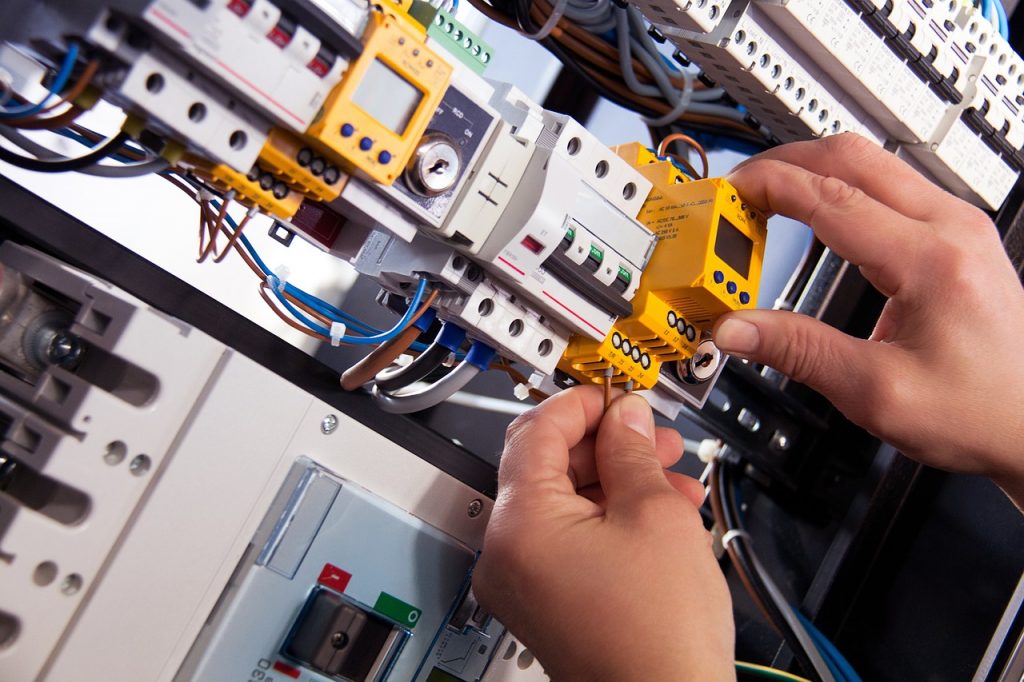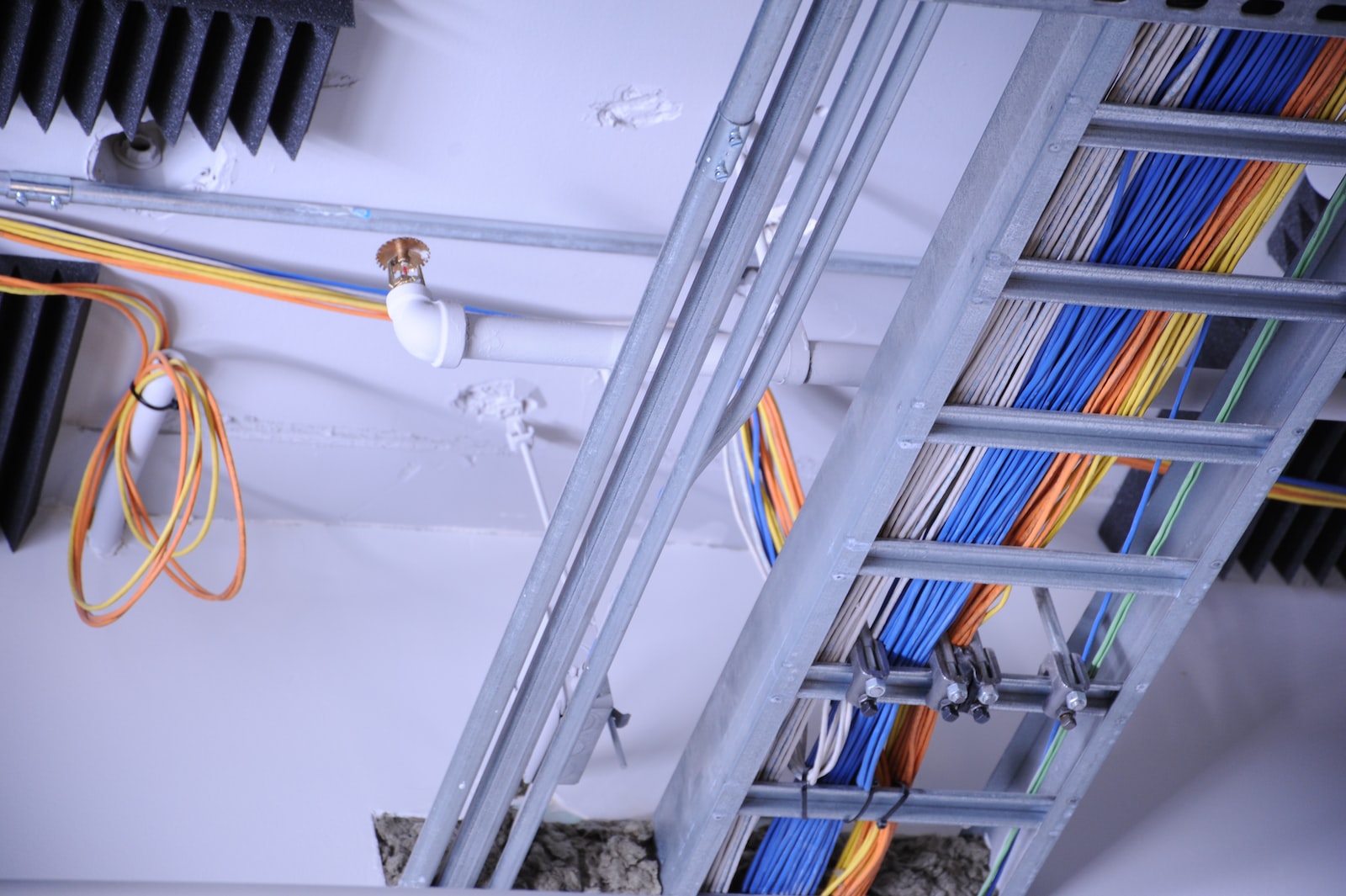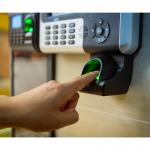Table of Contents
- Introduction to having your home prewired for security system
- Weigh the pros and cons of prewiring your home
- Consider your budget and whether you can afford to prewire your home
- Decide if you need to prewire your entire home or just certain areas
- Choose a reputable company to do the job
- Tips to ensure a smooth installation experience
- Conclusion
- Frequently Asked Questions
Introduction to having your home prewired for security system
When it comes to securing your home, prewiring for a security system is a proactive step that can give you peace of mind. Prewiring allows you to have the necessary infrastructure in place before you even install the home security system, making it easier and faster to set up.
In this article, we will discuss the benefits and considerations of prewiring your home for a security system. We will weigh the pros and cons, suggest ways to determine if it fits within your budget, and provide tips for choosing a reputable company for the job.
We will also guide you on how to decide if you need to prewire your entire home or just certain areas and how to follow the tips for a smooth installation process.
Weigh the pros and cons of prewiring your home
Prewiring your home for a security system has several benefits.
First, it eliminates the need for unsightly wires and other equipment to be added later. It also means that you can install a security system at any time without the need for extensive and disruptive construction.
Pre-installed wiring also reduces the cost of installation for home security systems since there will be no need for extra labor to run wires throughout the home. Furthermore, prewiring can also make it easier to add new security devices and expand your system in the future.
On the other hand, it is important to consider the drawbacks as well. Prewiring can be a significant expense, and it’s important to consider whether it fits within your budget.
Moreover, having an outdated prewired system could cause more problems than solutions in the long run. If a prewired system is not adequately maintained, then it could easily become outdated and need costly upgrades to stay compatible with current home security systems.
Ultimately, it is up to each individual to weigh the pros and cons in regard to prewiring a home for heightened security – whatever choice works best for one’s particular circumstances should be carefully deliberated before making a final decision.
Consider your budget and whether you can afford to prewire your home
When considering whether to prewire their home, one must look at their budget and determine if it is feasible. Prewiring a house involves running cables from each room, allowing for easy installation of home security devices.
It can also rate as an advantage if the house is ever sold since prospective buyers would immediately have the option of installing a home security system without needing to run additional cables.
However, the cost of prewiring can vary significantly depending on the size and layout of the house along with other factors. Homeowners should consider if they are able to financially afford such an investment in the long term.
In some cases, the cost of prewiring may not be worth it compared to just purchasing a new home security system down the line.
Decide if you need to prewire your entire home or just certain areas
The decision of whether to prewire your entire home or just certain areas is an important one that must be considered carefully. In most cases, it makes more sense to prewire the entire home, as this usually costs less in the long run and allows for optimal flexibility when installing home security devices.
However, some people may choose to only prewire certain areas of their home; this could be a good option if they are working with a limited budget and need to prioritize certain parts of the property over others.
Taking into account all these factors can help ensure you make an informed decision about prewiring that meets both your immediate needs and future plans.
Choose a reputable company to do the job

When selecting a company to prewire for a home security system, it is important to choose one with a reputation for quality service. Conducting research ahead of time can help ensure that the job is done right and efficiently.
Consider asking family and friends who may have experience with various companies; they can provide valuable insights into their experiences. Also, be sure to look at online reviews and ratings of different security companies as well as their portfolio of past installations.
It’s also helpful to ask potential providers questions pertaining to their work, including how long they will take to do the installation, how much they charge for parts that need replacing, and if they offer any guarantees on their workmanship.
Ultimately, careful research beforehand can save time when choosing a reputable company that can meet all of your needs. By doing one’s homework ahead of time and selecting carefully, investing in a home security system can prove to be an excellent choice for overall protection.
Tips to ensure a smooth installation experience
Installing a home security system can be a complicated process, but with careful planning, it can be made much smoother.
To start with, take the time to research your options and decide on the best system for your needs. Make sure you are aware of any additional costs such as monitoring services as well as any accessories or add-ons that may be necessary.
Once you have made your decision, select an experienced team to install the system. Ask them to provide clear guidance on where the device should be positioned, including things like sensors, motion detectors, and keypads.
Carefully review any user manuals or instructions provided as well in order to maximize the performance of the system. Finally, test the system prior to activation to ensure that all components are working properly and that you are comfortable using each part of the setup.
Following these simple steps will help ensure a successful installation process so that you can enjoy greater peace of mind knowing that your home is secure at all times.
Conclusion
Prewiring your home for a security system is a proactive step that can provide you with peace of mind and the necessary infrastructure for your security system. It’s essential to weigh the pros and cons, consider your budget, and choose a reputable company to do the job.
Additionally, it’s important to decide if you need to prewire your entire home or just certain areas and to follow the tips for a smooth installation process.
By following the suggestions outlined in this article, you can ensure that your home is prewired correctly and that your security system is set up correctly, providing you with added protection for your home and your loved ones.
Frequently Asked Questions
Home security prewiring is the process of installing cables and wiring to connect a home security system.
Prewiring a home can provide added convenience as it allows easy installation of new components and accessories should the homeowner decide to upgrade their home security system in the future.
Before prewiring your home for security, consider your budget and the type of system you need. Research different companies to find one with a good reputation for quality service.
Also make sure you know what additional costs may be associated with the installation, such as monitoring fees or accessory purchases.
The cost of home security prewiring varies depending on the scale and complexity of the job. Generally, labor costs account for the majority of the cost, but there may also be additional costs associated with purchasing equipment or monitoring services.
Contact a few local companies to get an estimate of what it would cost to prewire your home.
Some best practices to follow when prewiring your home for security include selecting an experienced team, carefully reviewing user manuals and instructions, and testing the system prior to activation.
It is also important to make sure that all components are properly positioned and connected to the correct wiring, and that all cables and wires are securely fastened.
Finally, it is important to check for any potential interferences or obstructions in the area which may affect your system’s performance.







